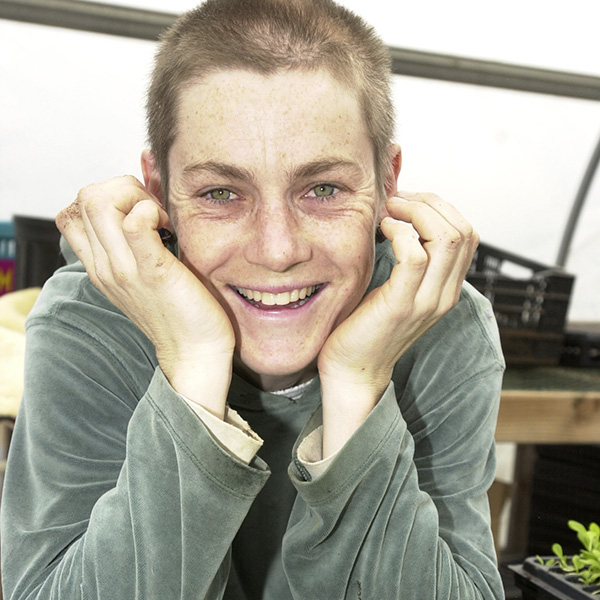
The first firecracker of “summer” tears through the quiet night. It assails, then peaks and is over.
We wait, half frightened, bracing for another and another and another. But only one salute, and the night noise — countless conversations of toads and frogs — dominates the airwaves.
The sound that emanates up from the shallows of Sagg Pond is joined by the trill that answers from private ponds in yonder subdivisions. A lifelong resident, a whole life spent only a few feet above sea level, compares the sound, that delightful burble of amphibian courtship, to the sound of this damp and fertile place, rhythmically exhaling.
A little bit of rain fell, but not enough for long. The sun and the temperature are calling on things to grow, but rain has been at a deficit ever since we started planting. There is none in sight. Dust rolls with every movement. The wind is south and arid, and our temperatures erratic.
Farmers worry about the weather differently, because they worry about it constantly, and they often have seasons they can refer to, like photographs, to note the differences. It is late May, and these are some of the present, if aberrant, conditions.
As I walk the rows, contemplating how soon I will start to irrigate, I am thinking about the present and wholly in the present, but, alas, confronted by the past. Even now, as we come into the longest days, the farmer is forced to reflect on the shortest days and the past winter, when cold, prolonged cold, was relatively insignificant. Now, pest populations emerge refreshed, hungry and horny.
When you grow mixed vegetables, even the most concerted efforts at crop rotation fall short. If a flea beetle can’t find your arugula, he’ll take your cabbage. And if he can’t find cabbage, he’ll take the radish. What, you gave up on raising radish? Well, then, the eggplant will do.
It is not uncommon for me, as I sit to write these weekly missives, to become distracted and pinched. This is especially true during the growing season, because it is true: A farmer’s work is never done. He or she must simply quit.
The dawn has happened, and before the hot day sets in, the greens are harvested, and I return to the keyboard trying to finish a thought I had the night before. Using an agricultural metaphor, I tell my writing mind that I must plow through this, because my farming body has actual plowing to do.
It is definitely easier to buy food than it is to raise it. And a slightly weary farmer might ask what kind of deficit that would create.
 More Posts from Marilee Foster
More Posts from Marilee Foster